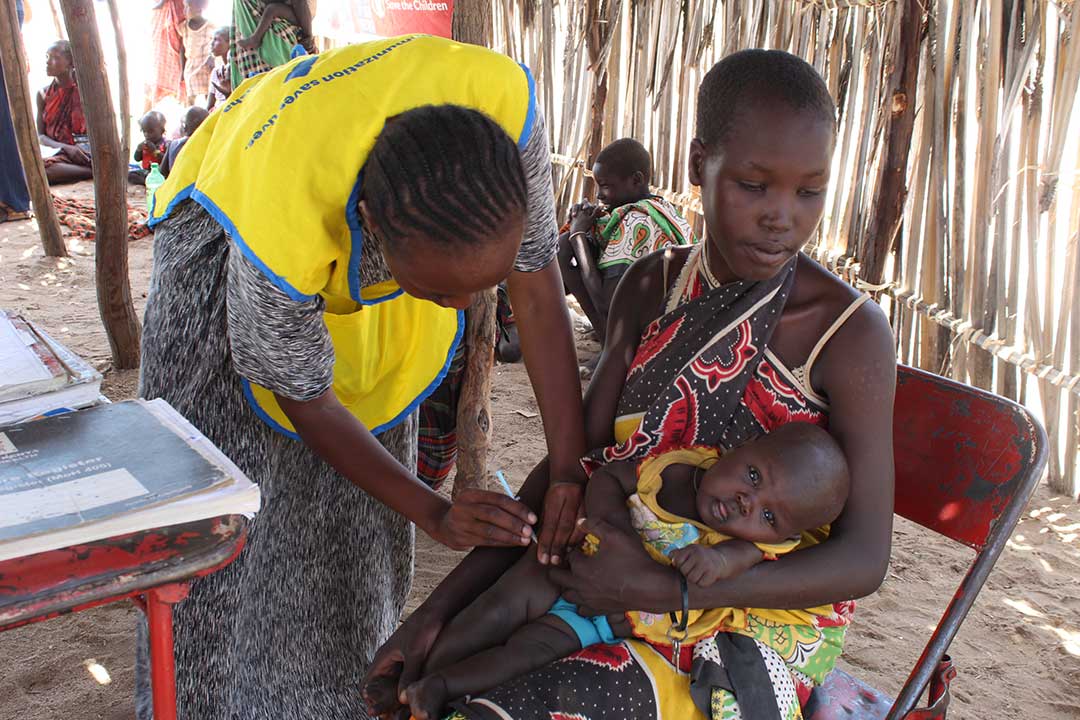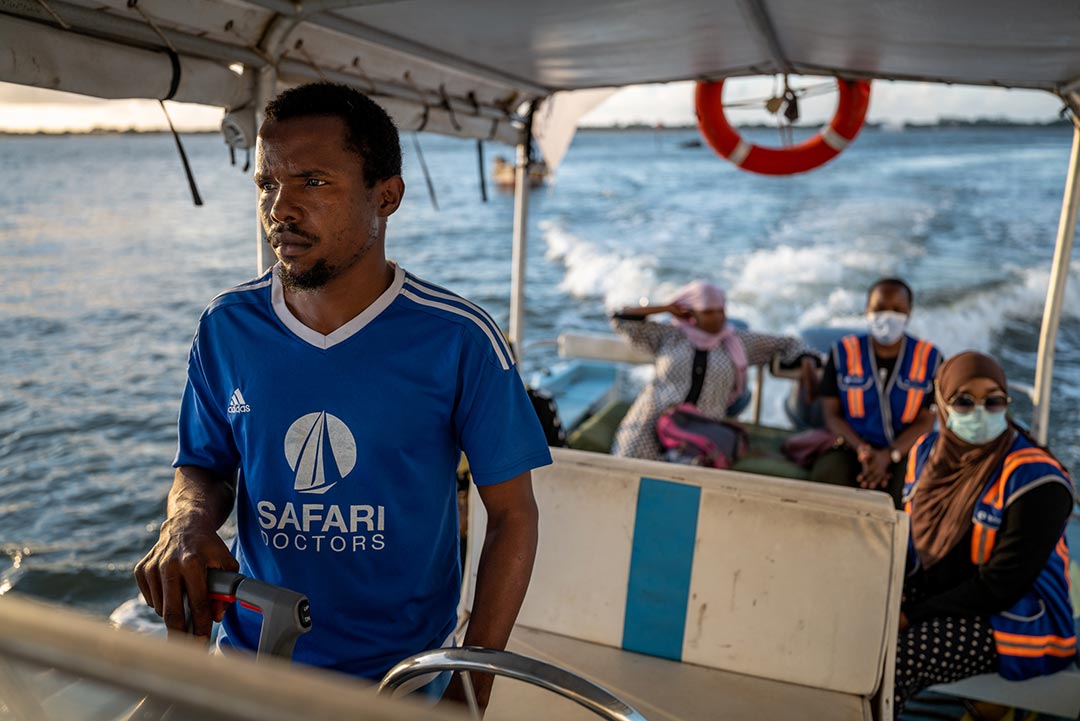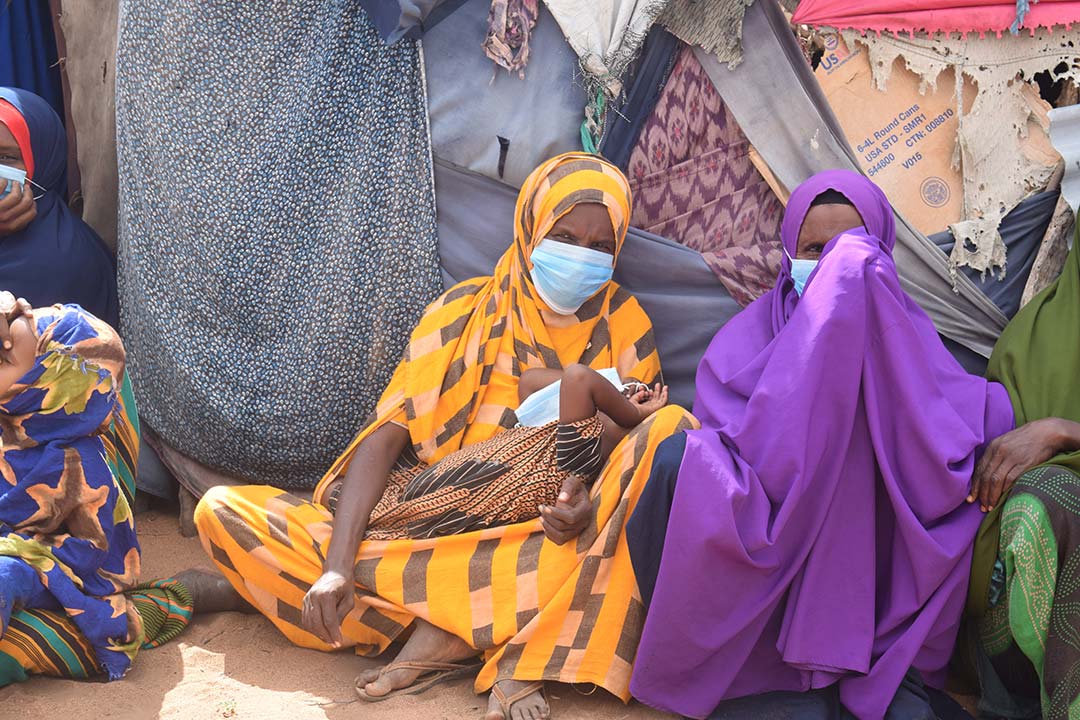COVID-19 is changing Kenyan nomads’ attitudes towards immunisation
COVID-19 is hitting nomads in Kenya’s Rift Valley hard. They are turning away from traditional medicine and customs as a result.
- 24 September 2021
- 5 min read
- by Abjata Khalif
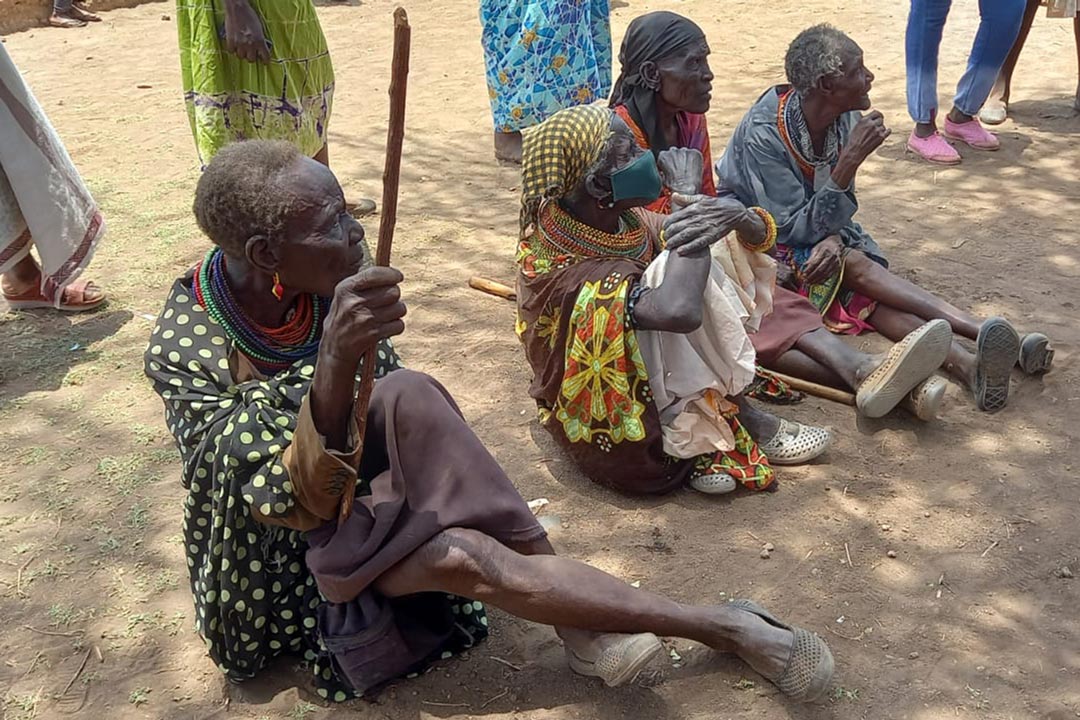
The Rendille nomadic community inhabits the dry, parched South Horr region of Kenya’s Rift Valley. Traditionally, they have been uncompromising in their values and observing cultural practices such as rituals for the birth and naming of children, marriage and the transition from child to adult.
When a child is born, there is prayer, the warding away of evil spirits, the use of traditional herbs and animal fats, and the process of deciding on a befitting name. Some of these rituals might be delayed by several months, as the community tends to move from place to place in search of water and pasture for livestock, but they still take place.
"They are now curious about immunisation and COVID-19 vaccine. They want to know if it can cause harm and how it protects them from the virus that has crippled their livelihood and markets"
The strict adherence to cultural ritual and a preference for traditional medicine has had an impact on routine immunisation programmes in the area. The uptake has been low and the advice of health workers operating in those remote areas often ignored.
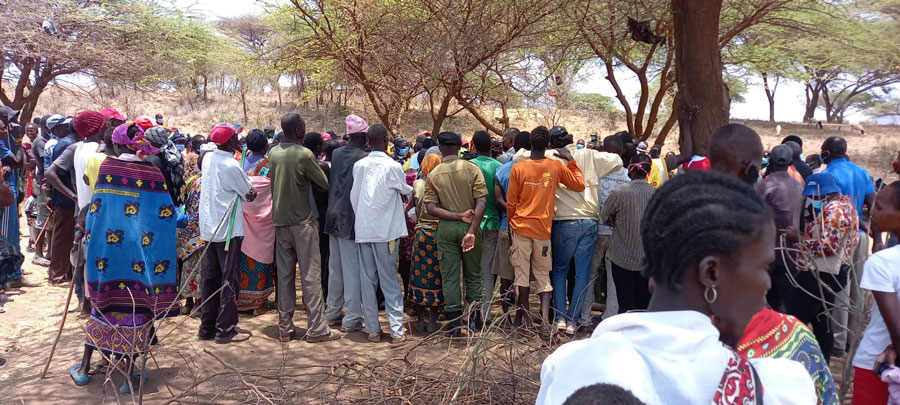
"Our mandate is to offer immunisation to newborn children before their first birthday. This is made difficult by, amongst other things, cultural beliefs, climate change which forces communities to move to far-flung areas, and a lack of transport infrastructure to conduct community immunisation outreach in hard-to-reach areas," says Mr Solomon Haibor, a Catholic missionary and nurse in the area.
It can be a painful cycle. Vaccine-preventable diseases can leave young children with disabilities, which are considered taboo by their communities. Both mother and child are shunned as a result.
"Young children are left disabled by disease and then are taken to traditional healers for assistance. The solutions don’t work and, as a result, many children suffer. They only get assistance from the local Catholic missionary," says Charles Nguruni, an elder from Ngurunet village.
Haibor is one of those who tries to help, offering refuge and medical assistance, as well as trying to educate the community on the importance of childhood immunisation.
Have you read?
"We have tried to link the rising disability cases in South Horr to community hesitancy and rejection of child immunisation," Haibor says. "It was hard for them to believe. For the last 15 years, I have tried to convince the community to balance cultural rituals for the newly born and immunisation."
It has taken the COVID-19 pandemic to start to change attitudes. Its disruption of normal community life and economic livelihoods has forced cultural leaders and community members to reflect. The Rendille community is known for rearing livestock, supplying markets in Kenya and neighbouring Ethiopia with cattle, goats, sheep and camels. The strict COVID-19 containment measures had serious economic and social consequences that have opened them to other views.
"In the past, it was local health officials and the Catholic missionary who conducted many health and education outreaches - often in vain," says Haibor. "With the economic shock caused by COVID-19, community elders are now approaching church leaders and I for advice on how to change the situation. It is an opportunity to instil health discipline into the community’s mind and promote immunisation and COVID-19 vaccines."
He has bonded with cultural elders and leaders in remote villages, educating them on the importance of immunisation for children, while also addressing the cultural taboos around disability.
"They are now curious about immunisation and the COVID-19 vaccine. They want to know if it can cause harm and how it protects them from the virus that has crippled their livelihood and markets," Haibor says.

Local Elder and member of the Rendille cultural association, Haile Singidai, admits that the COVID-19 pandemic made the community recalibrate and make some concessions around their culture and customs.
"COVID-19 made us realise that we need to be open to talking with and listening to others and to making changes when faced with a crisis like COVID-19," says Singidai. "Today, it is COVID-19; who knows, tomorrow, we might face a bigger health crisis. We lost our economic livelihood, and families were going hungry for months due to livestock market closures. We have learnt a lot as a community from the health workers and the local missionary."
With this new perspective, cultural elders are finding ways of merging the traditional rituals with the immunisation of children and ensuring that unvaccinated children are being taken to local dispensaries while community members are mobilised to receive the COVID-19 vaccine.
"I have taken my newborn child and ten-year-old daughter, who both hadn’t been vaccinated. The elders ordered us to take them to the local dispensary in Logloko village for immunisation. I am very happy that my children will be protected by vaccination and I am looking forward to [the] COVID-19 vaccine," says Mrs Agnes Lenyagura.
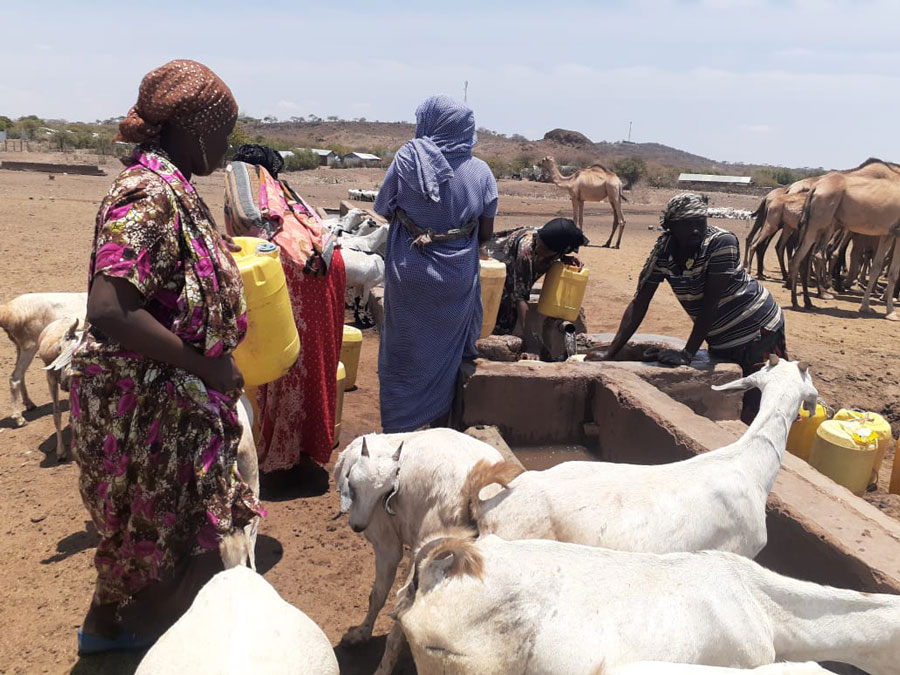
For John Lopereti, a youth leader from Koor village in South Horr, the willingness to listen and make cultural compromises is significant.
"In the past, cultural orders from the Rendille cultural association were final but COVID-19 introduced a paradigm shift on how the group operates. They now listen to science and engage with local health workers and missionaries."

